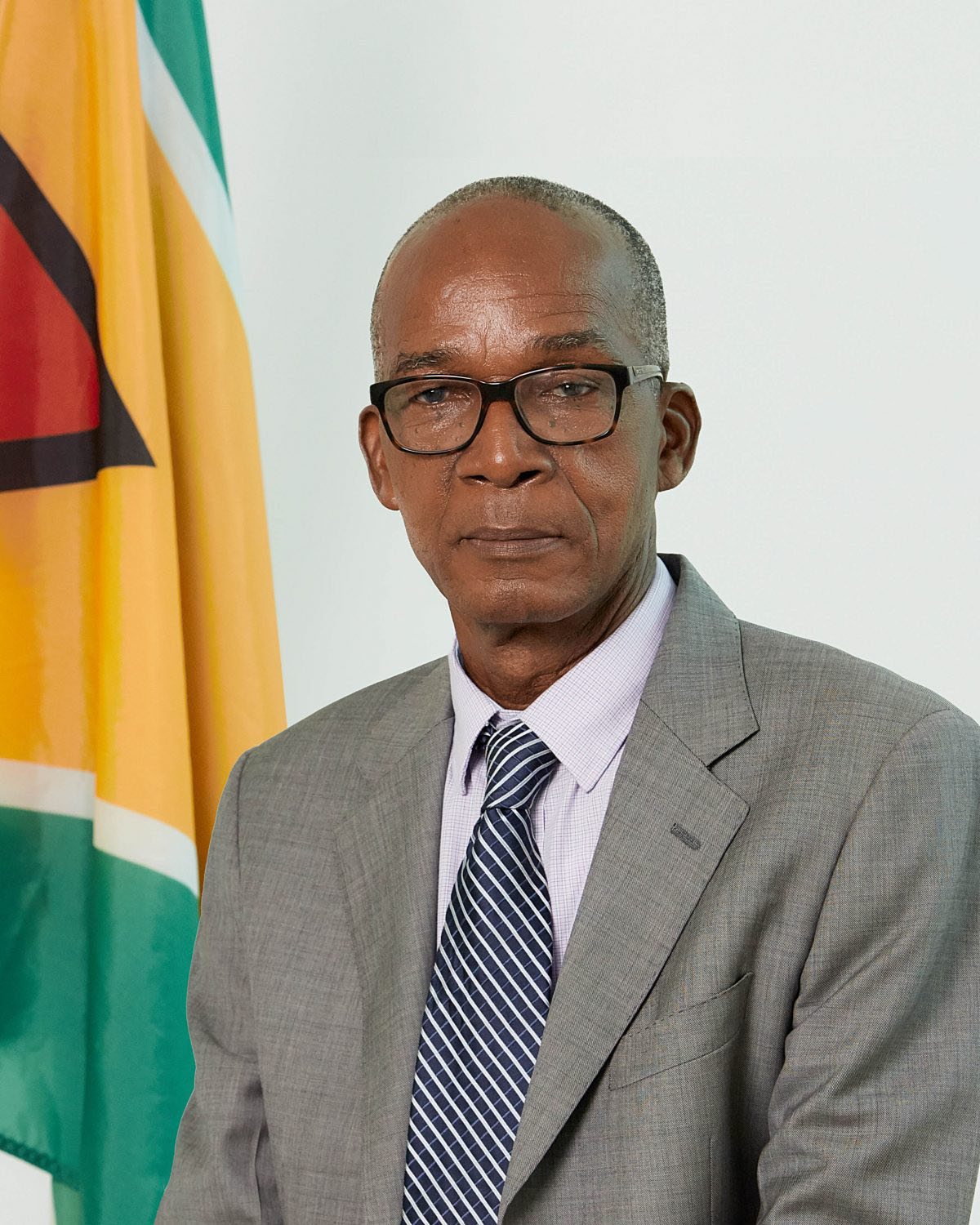`Child Labour Month’ was yesterday launched with pledges by government ministers to crack down on abusive practices.
It is the first Child Labour Day to be observed since the ratification by Guyana of the Worst Forms of Child Labour Convention adopted by the International Labour Organization (ILO) in 1999.
While delivering the feature address at the launching ceremony, Minister of Labour Joseph Hamilton said that the activities planned are aimed at sharing knowledge about the crime itself and solutions for children and families who have fallen victim to child labour. Some of the activities include panel discussions, public sensitization and awareness through radio and television interviews, mounting of banners and posters across the country, distribution of bro-chures, signing of Memoranda of Understanding by the Ministry of Labour and stakeholders and stakeholder pledges and training sessions.
According to the ILO, the term “child labour” is often defined as work that deprives children of their childhood, their potential and their dignity, and that is harmful to physical and mental development. It refers to work that is mentally, physically, socially or morally dangerous and harmful to children; and/or interferes with their schooling by: depriving them of the opportunity to attend school; obliging them to leave school prematurely; or requiring them to attempt to combine school attendance with excessively long and heavy work.
It adds that whether or not particular forms of “work” can be called “child labour” depends on the child’s age, the type and hours of work performed, the conditions under which it is performed and the objectives pursued by individual countries.
Noting a universal goal of eradicating child labour by 2025, Hamilton said that the fundamental question that needs to be answered is what happens after children are taken out from oppressive conditions. He said these children might be the bread winner of the family, therefore if the other agencies that have responsibility are not there at the same time to “hold him, to steer him, to take him [or her] into some area of learning or some skills training. Then it’s a wasted exercise that we will have to repeat over and over and over again”. He said that while the aim is to eradicate child labour, there are factors that need to be considered and what happens after the child is rescued is the main one.
He disclosed that the Ministry of Labour will be expanding its workforce and staff to ensure that child labour legislation is not only made known to persons but that the relevant bodies are equipped to handle the situation. Hamilton said that when he was appointed Labour Minister in August last year, there was a shortage of Labour Officers to address the issues at hand and considering that based on research, child labour is more prevalent in the rural and hinterland regions, there was zero or no access to it because the officers were in Georgetown. He said that the Ministry will now have Labour Officers in all of the regions.
He also said that when he became the Labour Minister there were only nine occupational, safety and health officers to manage the entire country. He noted that just last year 32 persons lost their lives due to work-related accidents while many others were injured. He blamed this on the system. The ministry will increase the number of officers from nine to 30 and place at least two in every region, Hamilton stated. Notably, Hamilton said that child labour offenders will be facing two charges if the Ministry finds that the work environment was hazardous or endangering to the child/children’s lives.
Meanwhile, at the forum Minister of Human Services and Social Protection Dr Vindhya Persaud assured that there are services available to provide help to children and families who are victims of child labour. According to Persaud, child labour has been ignored because of disinterest and the acceptance of it. The Human Services and Social Protection Minister said that persons have to report these actions when they see it rather than encouraging it by ignoring or adding to it through their own actions.
Persaud said that it is understood that the COVID-19 pandemic has brought on many challenges and parents are finding it hard to maintain their families. But there are other places to turn to rather than pushing children into the work force to be exploited and abused, Persaud said.
“If a parent cannot adequately provide for their child, then reach out to the Childcare and Protection Agency, it as simple as that. There is no fancy bureaucracy… If you cannot provide for your child, do not send your child out there to be in the work force. Do not put your child on the streets,” Persaud pleaded with parents.
She said that the Childcare and Protection Agency and other child services agencies will be looking at the cause of child labour and are open to offering assistance. Further, she said “we are going to move on an extensive campaign to target what’s happening on the streets where many children can be seen asking for money. You do know it’s a crime to give them too? What we want you to do is to report it. We will get them off the streets and we will work with their families to keep them at home”.





